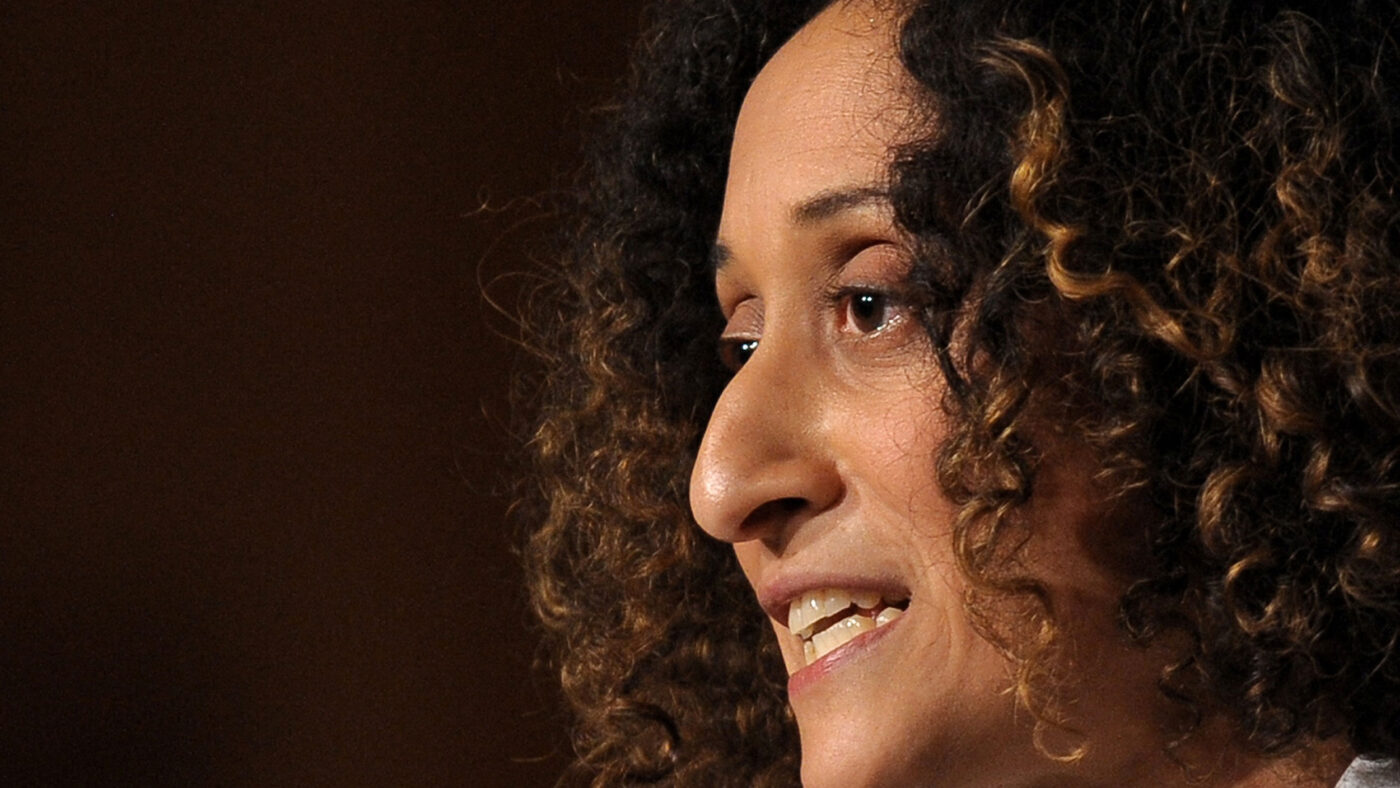If you’re a school obsessive like me, then today is one of the major feast days on the ‘edugeek’ calendar. Yes, it’s provisional GCSE results day!
You can now go and look up how every secondary school in the country did in the exams last summer. If you’re a parent of a child in Year 6 and considering your options for next autumn, these results come out just in time for you to use them as part of your decision making process.
This year’s results are of particular interest as they’re the first since exams got nearly back to normal since Covid, and pass rates were brought roughly back to 2019 levels.
This doesn’t mean that we can rely on them to the same extent as pre-Covid: there were still lots of post-pandemic problems rumbling along, and they affected different regions and groups of pupils in different ways, so school-to-school comparisons are trickier.
However, we are better able to strip away the signal from the noise than before. And it seems this summer’s trends show again how well the education reforms since 2010 are going.
Looking at the top 100 schools, ranked by how much ‘progress’ their pupils have made since their primary SATs, a few things really stand out.
First of all, Katharine Birbalsingh’s Michaela Community School is in the top spot once again – the day after The New European snarkily put her on its bizarre ‘Shit List’ (The #FBPE gang once again letting their emotions get in the way of the evidence).
Then there is the rise of the super-high-performing non-selective schools. There are grammars in there, but not as many as one might expect, and huge numbers of non-selective schools absolutely smashing the ball out of the park, including quite a few free schools.
Nearly 80 schools have ‘Progress 8’ scores of 1 or more – this means that their students on average gained a whole grade higher in each subject compared to kids elsewhere who got the same SATs scores as them when they left primary.
And linked to this there are now groups – ‘multi-academy trusts’ or ‘MATs’ in the lingo – that contain significant numbers of these high performing schools, using a consistent model applied with fidelity across the MAT. The most eye-catching of these is STAR, with five of the top ten schools alone, and more just outside that! You also see groups like Ark, Harris and United Learning up there too.
Many of these great schools are working their wonders in the kinds of areas that didn’t, and often still don’t, do well educationally, with lots of them in the North too. When it comes to levelling up our schools, we need some of the magic that Delta, STAR, Dixons and others are casting up north brought down south.
Finally, these results add to the growing pile of evidence that certain approaches to running schools work consistently better than others. As I work my way through the list I can’t help but be struck that schools and trusts that adhere to ‘warm-strict’ approaches to culture, and go big on a properly ‘knowledge-rich’ curriculum dominate those at the top end, who are judged to perform ‘well above average’.
Down the other end of the rankings, without naming any names, it is noticeable that many of the schools who have explicitly and publicly rejected these traditional approaches in favour of progressive ones are doing far worse than average. It is ironic therefore that these schools and ideas are the ones most influential on Labour’s policy platform right now, just as they’re being shown to fail kids once more.
Whether it’s ‘oracy’ or ‘digital skills’ or ‘portfolios of evidence for assessment’ – you’ve got to wonder why Labour is so obsessed with these worse-performing ideas, when there are much better alternatives available that clearly work.
Today’s provisional results are yet more vindication of the reforms of the last decade or so. Academisation and free schools work. More rigorous curriculums and exams work. Explicit approaches to behaviour and teaching work. And they work disproportionately well for kids who have been failed by progressive approaches in the past.
It shouldn’t be right-wing to say pupils should behave at school, or that poor kids should have the same kind of education as their private school peers. Tougher GCSEs aren’t Tory any more than a knowledge-rich curriculum is socialist because it was often advocated for by lefties.
What matters is what works, not who made it happen. That’s why MATs matter, along with technical but vital things like Behaviour Hubs, NPQs, the National Reference Test, and many other acronymed phenomena. Today’s results are another reminder that we already know lots of things that make a difference where it’s needed most. The challenge is to do them in more schools, more quickly.
Click here to subscribe to our daily briefing – the best pieces from CapX and across the web.
CapX depends on the generosity of its readers. If you value what we do, please consider making a donation.


